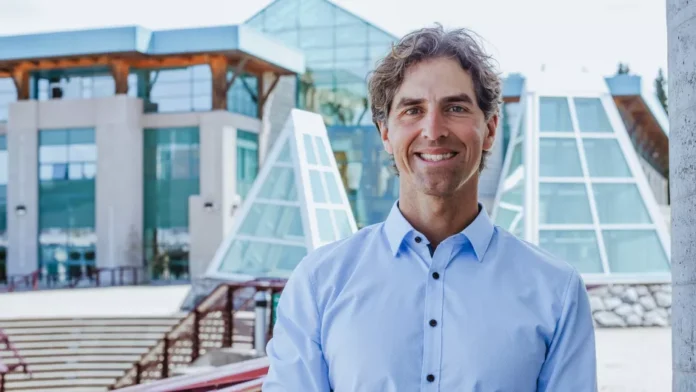A UNBC Associate Professor in the university’s Department of Geography has received a $1.5 million grant for research examining the connection between climate change, food systems, and health related to Indigenous Peoples and local communities.
Dr. Tristan Pearce is leading the multi-university, multi-national research initiative called the Indigenous Peoples Observatory Network. (IPON)
This project is funded over three years by the Social Sciences and Humanities Research Council’s New Frontiers International Joint Initiative for Research and Climate Change Adaptation and Mitigation, and includes contributions from the German Research Foundation, UK Research Innovation, and the US National Science Foundation.
The initiative will work with Indigenous Peoples and local communities in 13 different countries.
“As we take on the challenge of leading a sustainable future, it is important to understand how climate stressors interact with food systems, health, and well-being across regions,” Pearce said.
“This understanding can further the design and implementation of climate adaptation and mitigation strategies developed by community members and local organizations.”
Locally, IPON will generate information needed by communities across the partner regions to develop, and in some cases, revise climate change plans intended to build resilience and reduce vulnerabilities.
Globally, IPON will establish a new area of research centred around Indigenous understandings of and responses to climate risk, which has wide-ranging potential for reshaping and reconceptualizing how climate risk is studied across diverse fields and regions.
“The research Dr. Pearce conducts is critically important and aligns with all four of UNBC’s strategic themes outlined in our new strategic plan, as well as our new vision of Leading a Sustainable Future,” said UNBC Vice-President of Research, Innovation and External Relations.
“The inspiring work of this impressive research team, led by Dr. Pearce, will contribute to reconciliation, empower northern and local communities, and see local solutions developed that have a truly global impact.”
The project is anticipated to run from April 2024 to April 2027, and co-lead an Indigenous People’s Observatory in the Canadian Arctic, Fiji and Australia.
Something going on in the Prince George area you think people should know about?
Send us a news tip by emailing [email protected].






